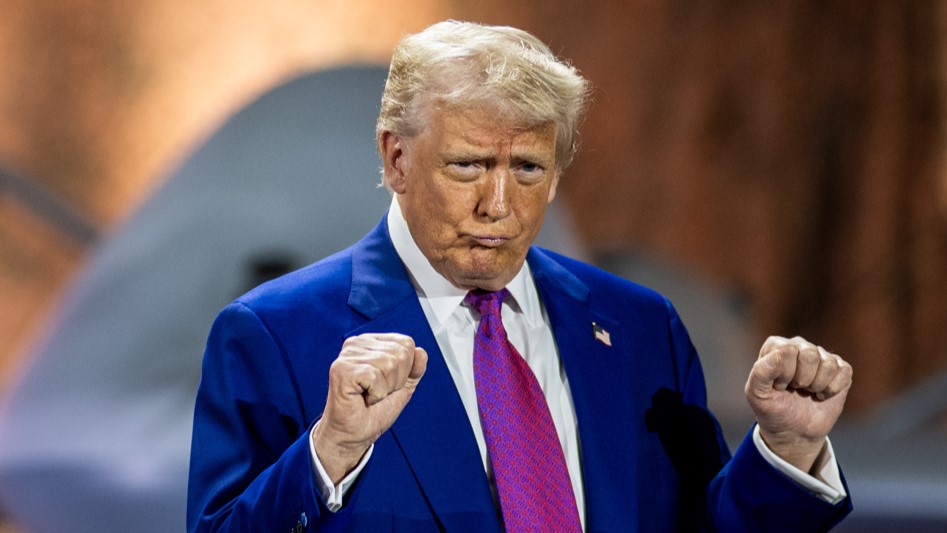His directive comes as 1.3 million active-duty service members faced the possibility of missing their October 15 paycheck.
Others are reading now
President Donald Trump announced he’s directing the Pentagon to use “all available funds” to pay U.S. troops on time, despite the ongoing federal government shutdown.
His directive comes as 1.3 million active-duty service members faced the possibility of missing their October 15 paycheck.
A short-term fix, but not for everyone

While the president’s move protects military pay, it offers no relief for the hundreds of thousands of federal workers now furloughed or working without pay.
The White House budget office began implementing layoffs last Friday, leaving many public employees in financial limbo.
‘Our Brave Troops’ won’t miss pay, Trump says
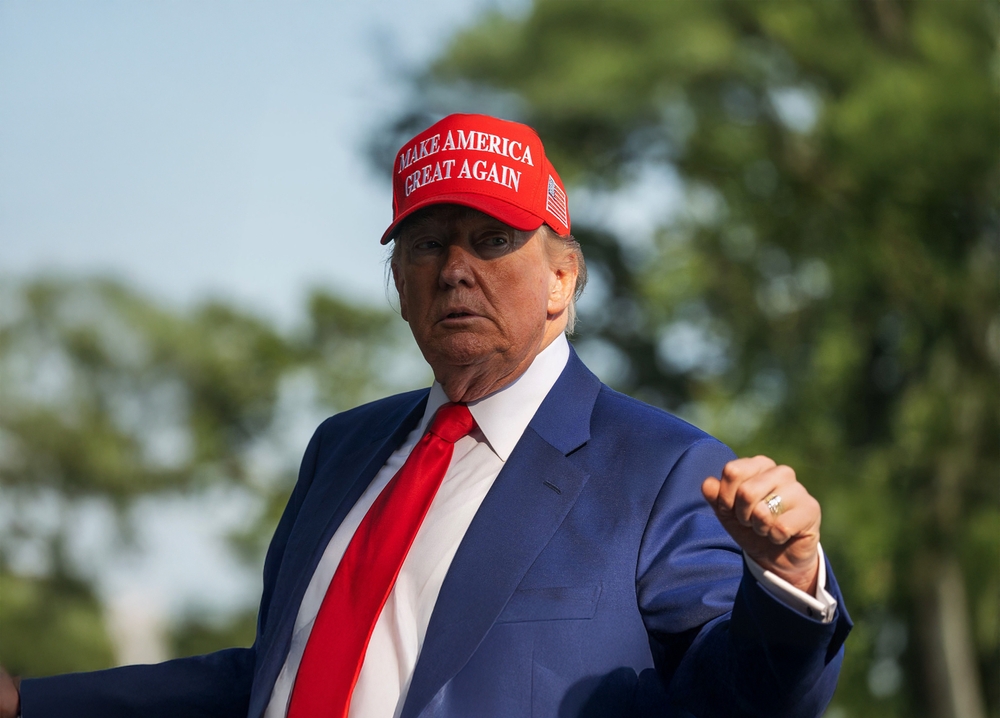
In a Saturday social media post, Trump said he acted to prevent troops from missing the pay they’re “rightfully due.”
Also read
The shutdown began October 1, and the president’s decision removes one of the few pressure points that could have spurred quicker congressional action.
Where the money’s coming from
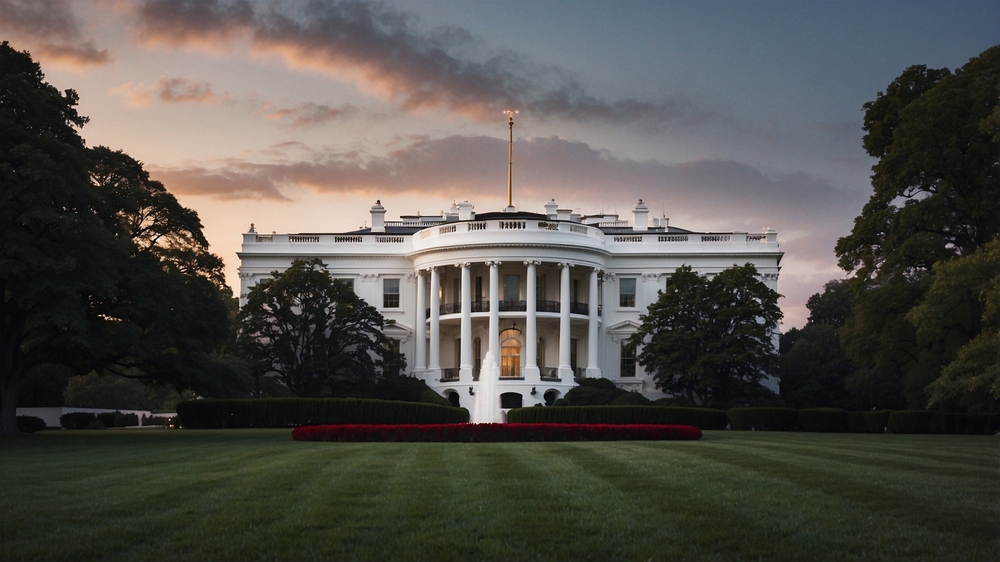
Although Trump didn’t specify the funding source, a White House budget spokesperson confirmed the money will come from Pentagon research and development funds.
The Department of Defense later identified about $8 billion in unobligated funds from the last fiscal year.
Troops shielded, but Coast Guard’s status unclear
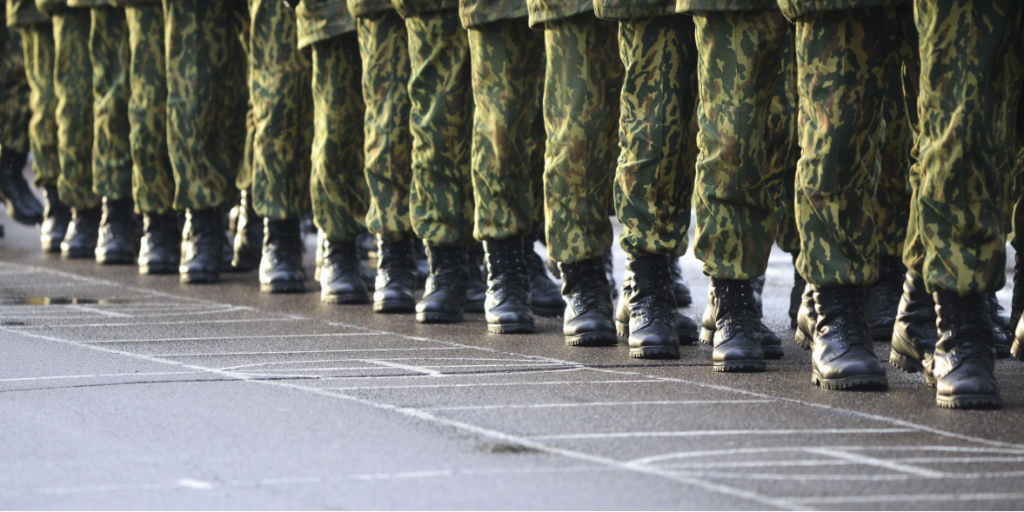
It remains uncertain whether the Coast Guard, part of the armed forces but overseen by the Department of Homeland Security, will be covered by this directive.
In past shutdowns, the Coast Guard has faced separate complications due to its unique position.
Also read
No similar help for federal workers
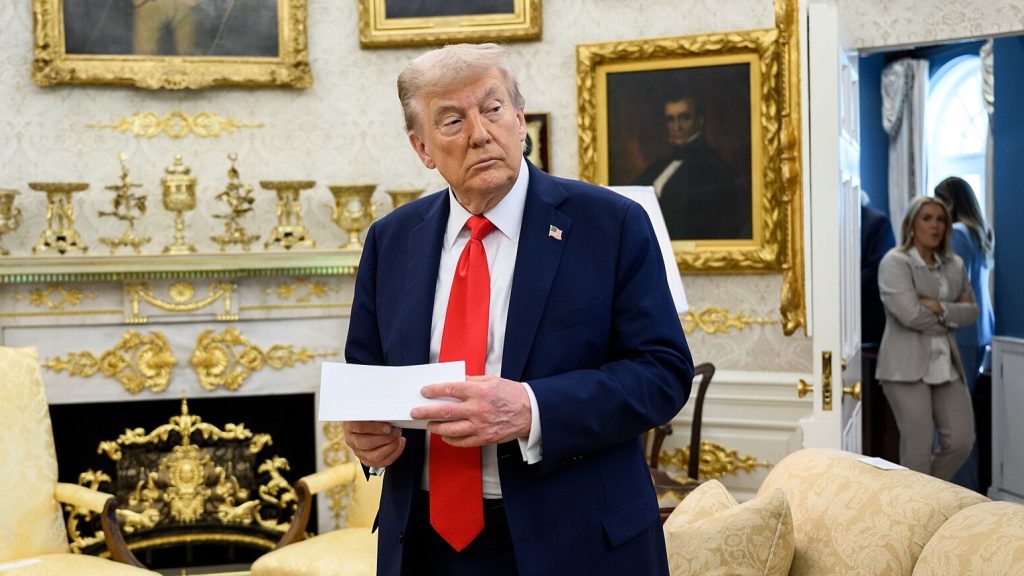
Federal employees, unlike troops, aren’t currently being offered guaranteed pay during the shutdown.
While they are usually granted back pay after a shutdown ends, a practice codified by a law Trump signed in his first term, the president recently floated the idea of withholding those payments.
Military families face growing financial strain

For many service members and their families, pay delays can be devastating. A significant portion of military households live paycheck to paycheck.
Although back pay is expected eventually, the uncertainty adds to growing anxiety across military communities.
Congress stalls on broader solutions
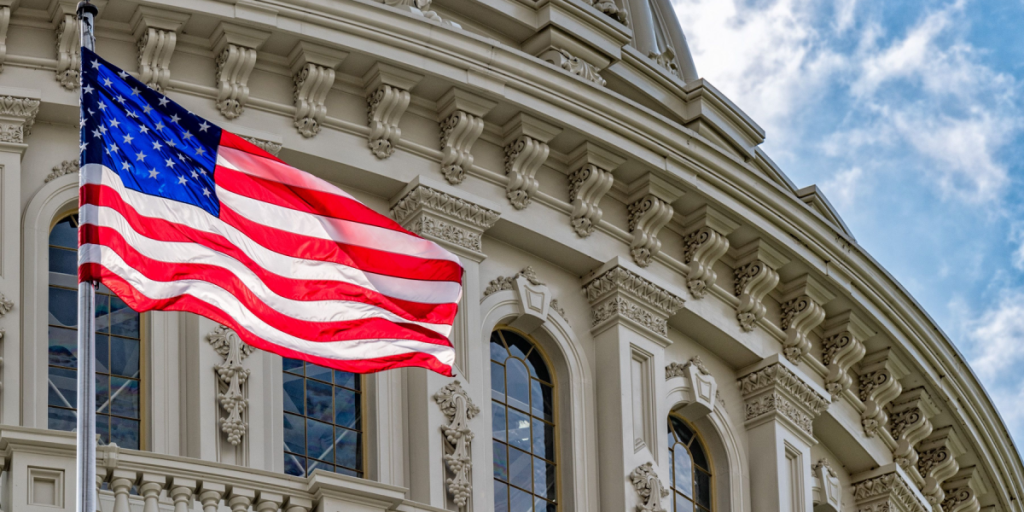
In past shutdowns, Congress passed bipartisan bills to ensure military pay continued.
Also read
This time, discussions of similar legislation have stalled, with lawmakers showing little momentum toward an immediate resolution or broader funding agreement.
Trump: ‘We’ll take care of it’
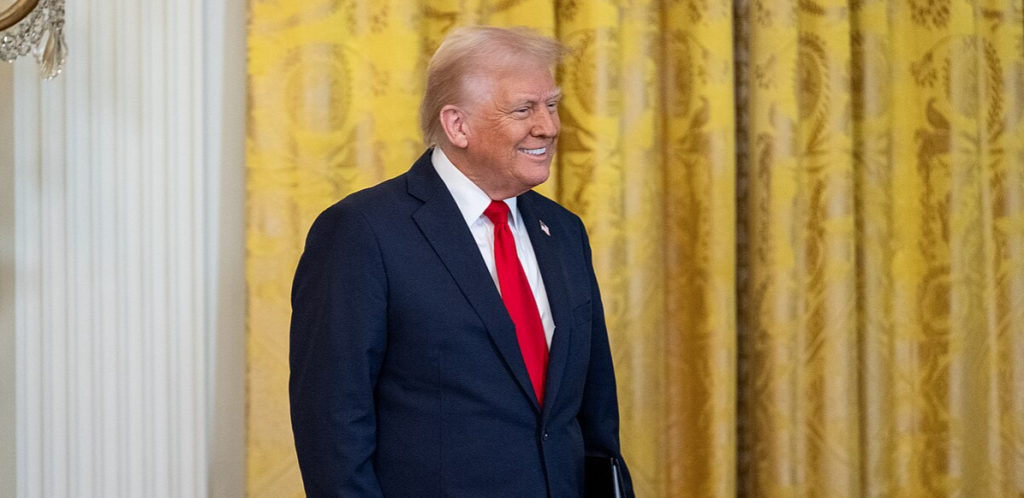
Earlier this week, when asked whether he supported a bill to ensure military pay, Trump said, “that probably will happen,” adding, “Our military is always going to be taken care of.”
But no legislative backup has followed so far, reinforcing the stopgap nature of his directive.
Shutdown driven by fight over health subsidies
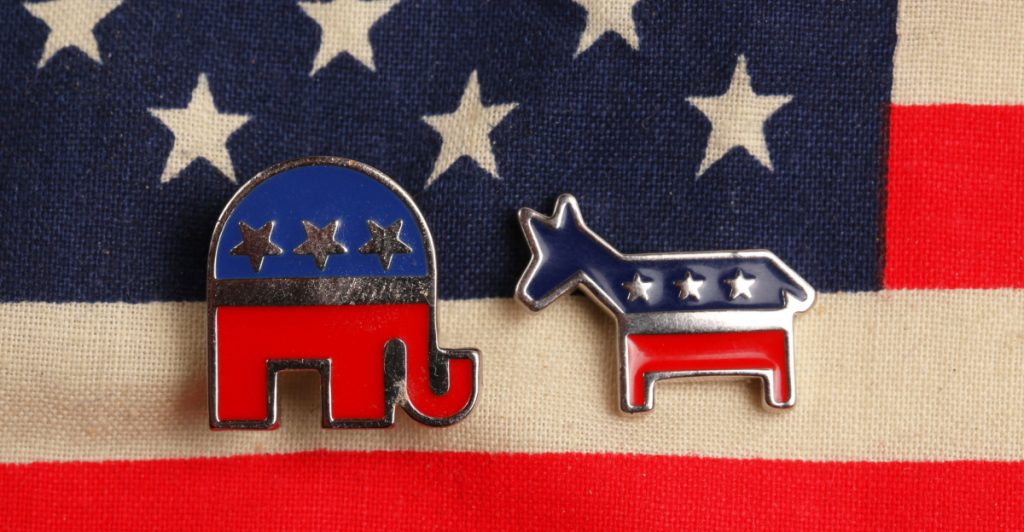
The shutdown was triggered when Democrats blocked a short-term funding measure, demanding an extension of Affordable Care Act health insurance subsidies.
The expiration of those subsidies would raise monthly costs for millions. Republicans insist on reopening the government before any subsidy talks.
Also read
Political stalemate deepens
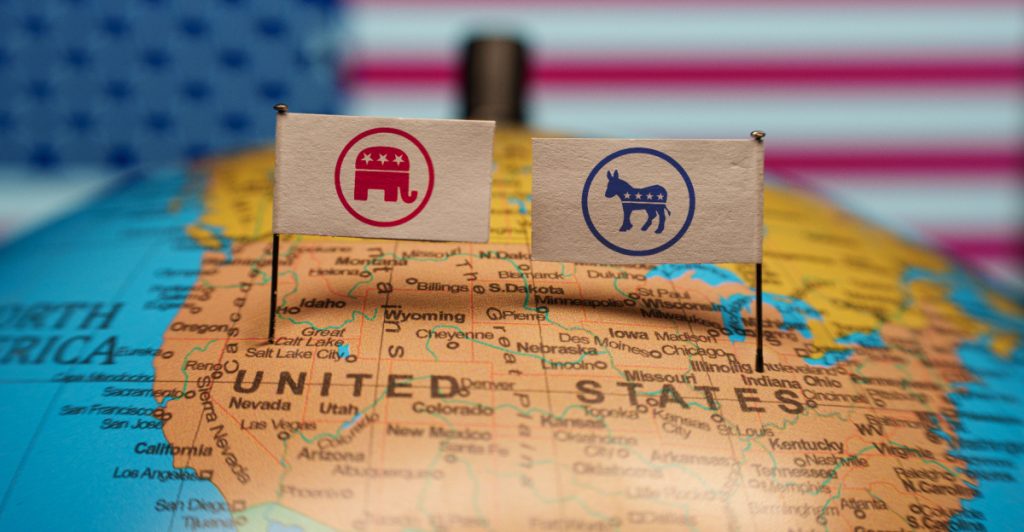
With both sides refusing to budge, Democrats demanding action on health subsidies and Republicans insisting the government must first reopen, there’s no clear end in sight.
Trump’s move to pay troops may ease some pressure, but it doesn’t solve the broader crisis.
Shutdown enters third week with no resolution

As the shutdown stretches into its third week, uncertainty continues for federal employees and service members alike.
Trump’s directive provides temporary relief for the military but leaves much of the government’s workforce without clarity or compensation.
Broader consequences loom
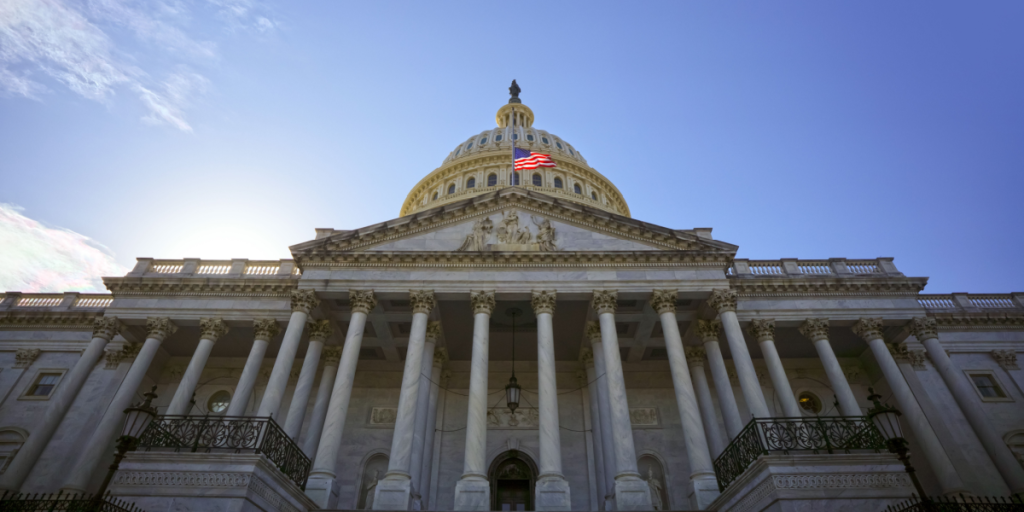
This marks the third U.S. government shutdown in 12 years, each highlighting vulnerabilities in the budget process and the lives it disrupts.
Also read
Without swift action from Congress, both military and civilian workers may continue to bear the brunt of political gridlock.

